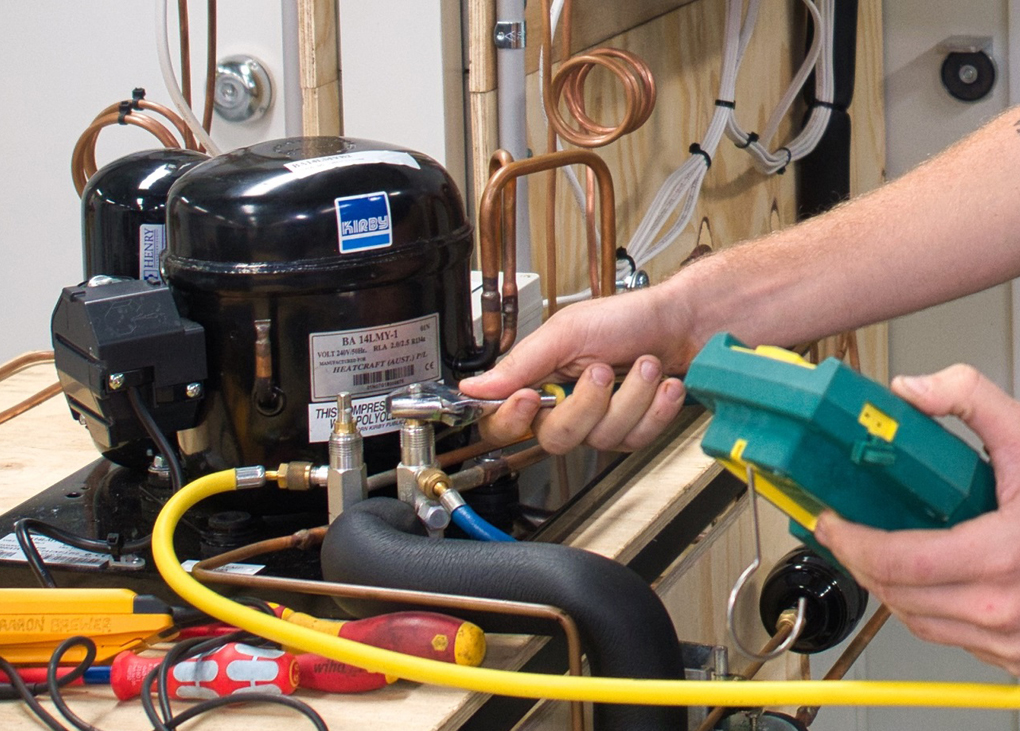The Queensland government has confirmed details of its new mechanical services licence framework, including the need for Certificate III qualifications to perform nearly all refrigeration and air conditioning work.
The regulation incorporates feedback from the consultation period earlier this year, and confirms the goal of raising industry standards and accountability.
“The licensing framework recognises that mechanical services work involves working with dangerous elements, such as hydrocarbon refrigerants, and directly impacts the comfort, health and safety of the people who use medical gas and mechanical services systems such as air conditioning systems,” says the Decision Regulatory Impact Statement for the new mechanical services regulation.
“Further, licensing of practitioners provides consumers comfort that operators hold an appropriate technical qualification, contractors are financially sound and that the regulator can swiftly take action against individuals performing substandard work or using non-conforming building products.”
Previously, refrigeration and air conditioning work could be performed up to the value of $3,300 without a specific mechanical services licence.
From January 1, 2020 it will be illegal to carry out work of this kind, to any dollar value, without the correct refrigeration, air conditioning and mechanical services (limited or unlimited design) licence. The new regulations effectively set a Certificate III qualification (or equivalent) as the prerequisite for this work.
The one exception is single head split systems. Holders of a Certificate II qualification and a national refrigerant handling licence issued by the Australian Refrigeration Council (ARC) will still be able install a single head split air conditioning system without a QBCC licence if the value of the work is under $3,300.
As noted above, the mechanical services licensing framework will begin on January 2020.
From this date, all new entrants (finishing an apprenticeship after December 31, 2019), contractors and nominee supervisors who carry out mechanical services work will be required to hold a mechanical services licence. The laws will recognise existing licensees who perform mechanical services work under their current QBCC licences.
To help the industry transition, workers will have until December 31, 2021 to meet the licensing requirements for an occupational and site supervisor mechanical services licence. In the interim, these workers will be able to continue to perform mechanical services work without a licence as long as they are employed by an appropriately licensed contractor or a contractor to which an exemption from holding a licence or from prosecution exists under the QBCC Act.
From January 1, 2022, all individuals or companies will be required to hold a mechanical services licence.
 Mark Vender
Mark Vender


Leave a Reply to Jon Cancel reply